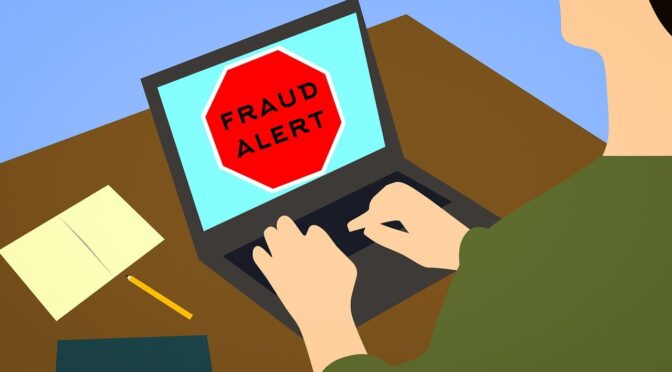by Barbara Nevins Taylor
Borrowing money when you need it should not lead to an endless downward spiral of debt. That’s why the Consumer Financial Protection Bureau ( CFPB) proposed a new rule that would limit high fees, require lenders to make sure that borrowers can repay without borrowing again to pay off the original loan, and put a curb on payday lending.
About 16,000 payday lending stores and an unknown number of online lenders offer short-term loans, often for two weeks, at interest rates as high as 390 percent. The loan terms make the original loan difficult to repay and one in four loans lead to a new loan aimed at repaying the first one.
CFPB Director Richard Cordray, in a speech at a hearing in Kansas City, Missouri, said, “The very economics of the payday lending business model depend on a substantial percentage of borrowers being unable to repay the loan and borrowing again and again at high interest rates, incurring repeated fees as they go along.”
People who borrow and use their cars as collateral face the same kind of loan schemes that keep many in debt and unable to get a handle on their finances.
The CFPB proposal would require lenders to make sure that borrowers can repay the full loan, including the interest, without borrowing again. After the loan is made and the borrower can’t repay the original debt, the lender would only be allowed to make two extensions and the consumer would have to repay one-third of the original principle.
Those offering installment loans would have a different braking system on what they offer. The CFPB says they have to have a two-year limit and lenders could not charge more than a total interest rate of 36 percent and limit the cost of origination fees.
The new rule would also require lenders to notify borrowers that they planned to withdraw money from their accounts for payments. Right now, lenders often dip into a person’s bank account to take money that they say the consumer owes.
The CFPB put the new rule out there for consumers and the lending industry to study and comment on. It will go into effect after a review period and does not require congressional action.


